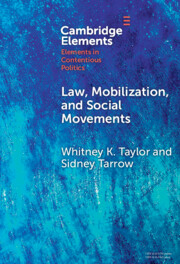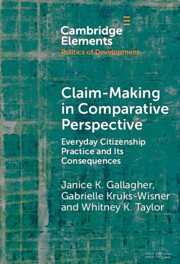This article engages in a theoretical exercise, tackling an intentionally provocative question: is there such a thing as too much access to justice? Conventional wisdom suggests that barriers to access to justice ought to be low. Countless reform efforts put in place throughout the world have sought to expand access to justice and strengthen judicial institutions. What happens when access to these institutions is expanded? Who takes advantage of that access? Who is left behind? Weaving together scholarship on the unintended consequences of legal reforms and empirical examples from access to justice experiments in Canada, China, Colombia, India, Russia, South Africa, and the United States, this article shows how lowering material barriers to access to justice can: (1) increase strain on the legal system, (2) raise but fail to live up to expectations about the possibilities claim-making, (3) reinforce existing inequalities, and (4) offer limited and perhaps inadequate solutions.

